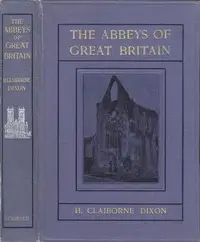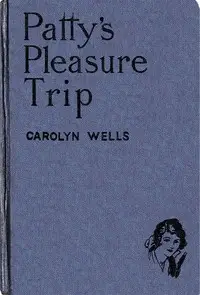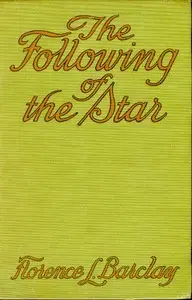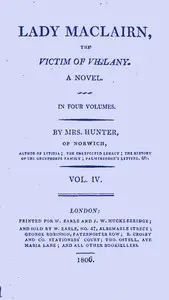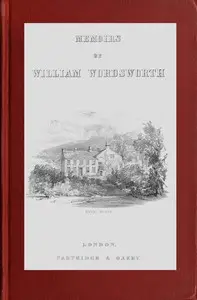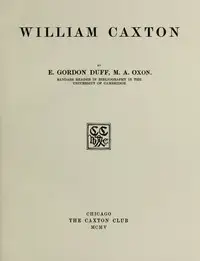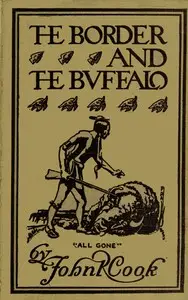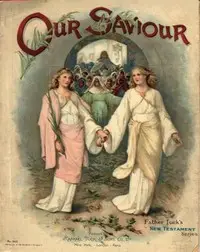"Letters of the Right Honourable Lady M—y W—y M—e" by Lady Mary Wortley Montagu is a collection of travel letters written in the early 18th century. This work captures the experiences and observations of Lady Mary during her journeys across Europe, Asia, and Africa, offering insights into her interactions with various cultures, especially the Turks. It presents a unique perspective on the society and customs of the time, particularly from the angle of a woman navigating through regions traditionally dominated by male travelers. The opening of the book introduces the author’s journey as she writes letters to her friends and acquaintances about her travels, starting with her passage from Rotterdam. Lady Mary shares her reflections on various places she visits, describing the cleanliness and liveliness of Rotterdam, joyful details about her excursions, and her impressions of the Dutch towns. Her letters are characterized by a lively and engaging tone, showcasing her keen observations of local customs, the people she encounters, and her broader thoughts on society as a woman of her era. These initial letters set the stage for a vivid account of Lady Mary’s adventures and her insightful commentary on 18th-century life. (This is an automatically generated summary.)
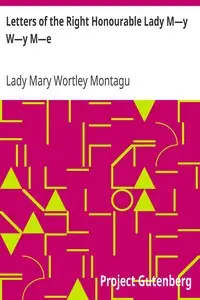
Letters of the Right Honourable Lady M—y W—y M—e Written during Her Travels in Europe, Asia and Africa to Persons of Distinction, Men of Letters, &c. in Different Parts of Europe
By Mary Wortley Montagu
"Letters of the Right Honourable Lady M—y W—y M—e" by Lady Mary Wortley Montagu is a collection of travel letters written in the early 18th century. T...
Lady Mary Wortley Montagu was an English aristocrat, medical pioneer, writer, and poet. Born in 1689, Lady Mary spent her early life in England. In 1712, Lady Mary married Edward Wortley Montagu, who later served as the British ambassador to the Sublime Porte. Lady Mary joined her husband on the Ottoman excursion, where she was to spend the next two years of her life. During her time there, Lady Mary wrote extensively on her experience as a woman in Ottoman Constantinople. After her return to England, Lady Mary devoted her attention to the upbringing of her family before dying of cancer in 1762.


